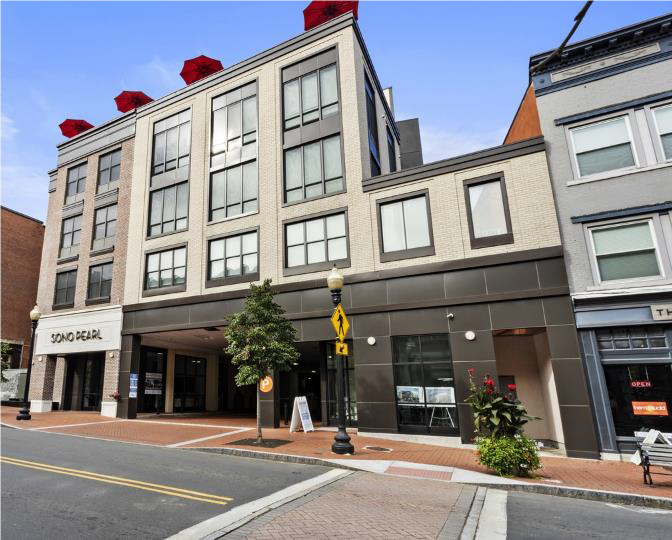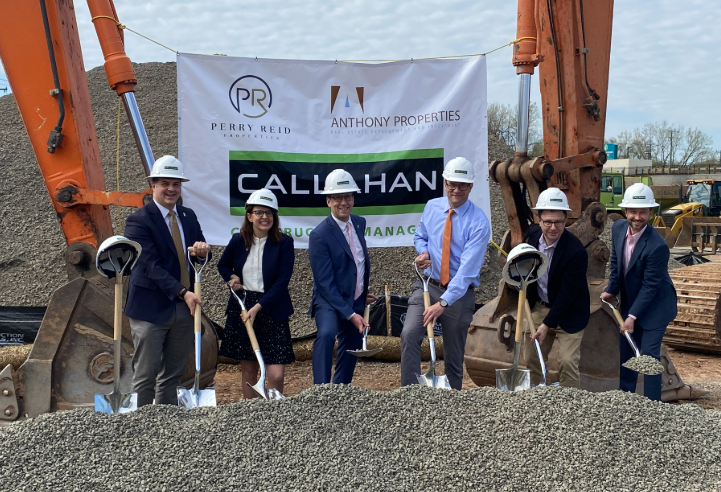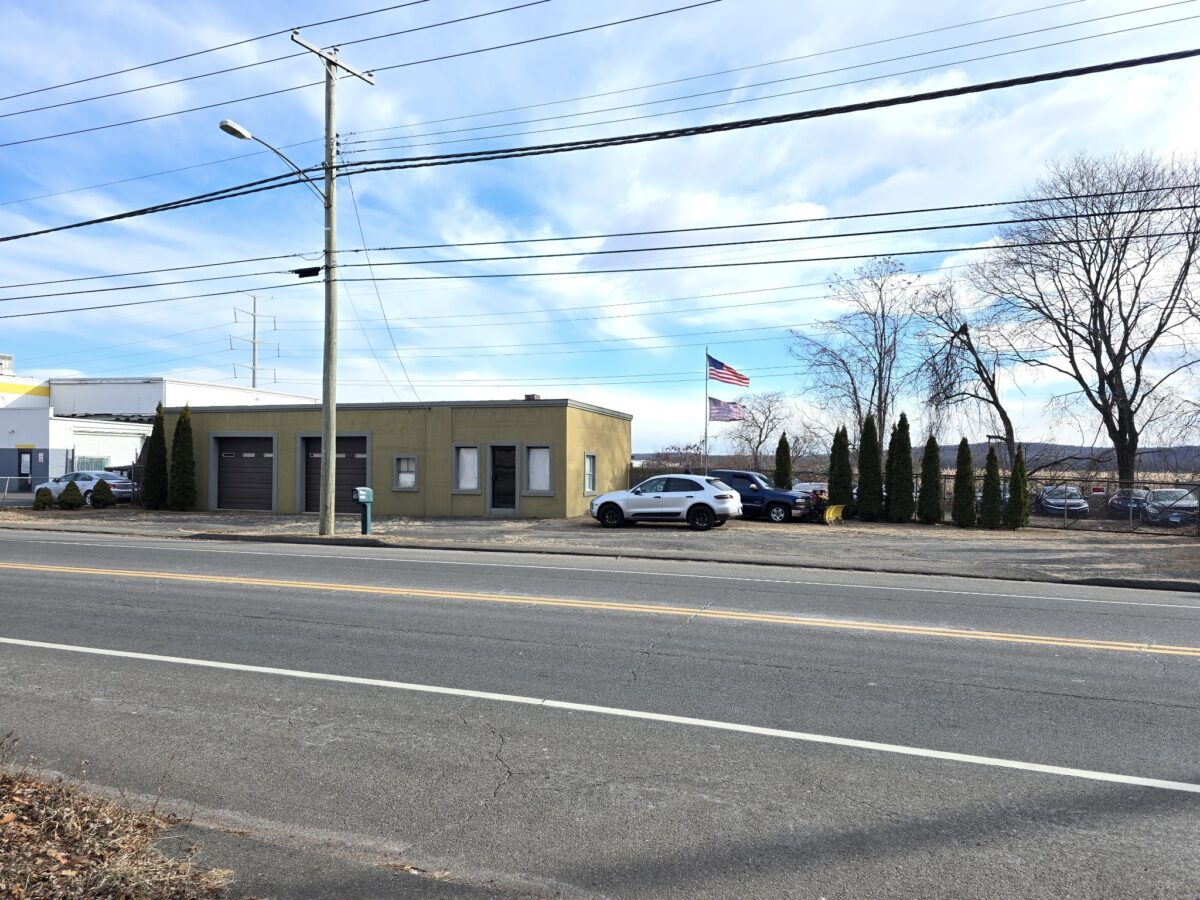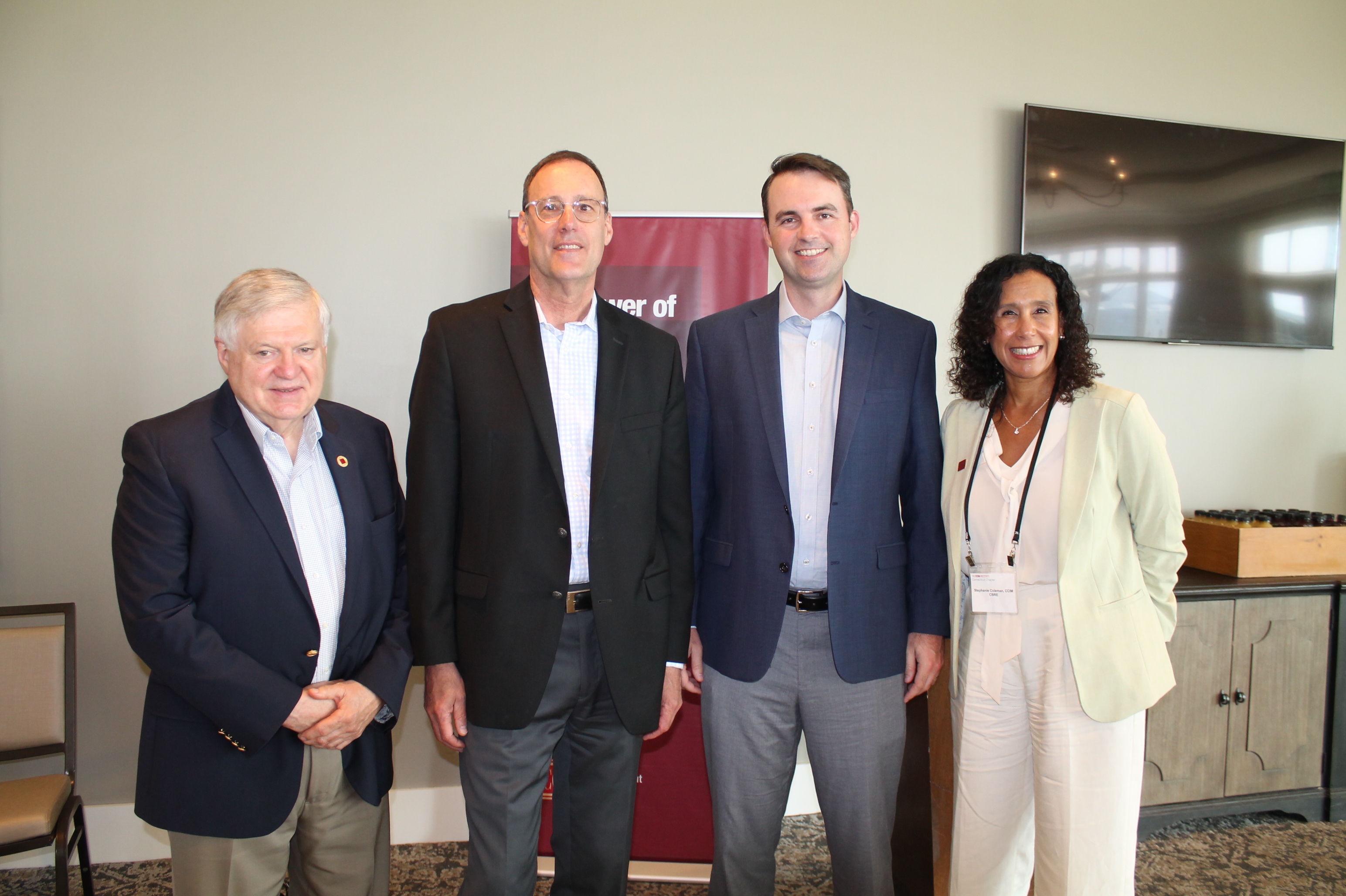News: Connecticut
Posted: August 16, 2012
Focus returns to the FIRREA as foreclosures continue to plague
In the summer of 1989, Congress passed the Financial Institutions Reform, Recovery and Enforcement Act (FIRREA) in response to the savings and loan crisis of the 1980s. The purpose of FIRREA was to facilitate Congress' goal to "efficiently and expeditiously resolve claims against a failed institution without recourse to litigation." Centennial Assocs. v. FDIC, 927 F.Supp. 806, 810 (D.N.J. 1996) (citing H.R.Rep. No. 101-54(I), 101st Cong., 1st Sess. 418-419, reprinted in 1989 U.S. Code Cong. & Admin. News 86, 214-215).
Two decades later, FIRREA re-entered the spotlight after the economic collapse in the late 2000s with the failure of numerous financial institutions, including giants like Washington Mutual Bank. On May 20, 2009, President Barack Obama signed into law the Fraud Enforcement and Recovery Act of 2009 (FERA), which redefined "financial institution" to include "mortgage lending businesses." See 18 U.S.C. § 20. A mortgage lending business is defined as "an organization which finances or refinances any debt secured by an interest in real estate, including private mortgage companies and any subsidiaries of such organizations, and whose activities affect interstate or foreign commerce." FERA, Pub. L. No. 111-21, § 27, 123 Stat. 1617 (2009).
FIRREA contains a comprehensive method for submitting and determining claims against a failed institution. See 12 U.S.C. § 1821(d)(3)-(12). In pertinent part, FIRREA provides as follows:
Except as otherwise provided in this subsection, no courts shall have jurisdiction over -
(i) any claim or action for payment from, or any action seeking a determination of rights with respect to, the assets of any depository institution for which the Corporation has been appointed receiver, including assets which the Corporation may acquire from itself as such receiver; or
(ii) any claim relating to any act or omission of such institution or the Corporation as a receiver.
12 U.S.C. § 1821(d)(13)(D).
One of the cornerstone cases regarding the application of FIRREA was decided in a California District Court in 2010, Benson v. JPMorgan Chase Bank, N.A., 2010 U.S. Dist. LEXIS 80962 (N.D. Cal.). Benson was a fraud case in which the plaintiffs alleged that Washington Mutual knew, or should have known, that three Ponzi scheme operators were falsely selling CDs and wiring large sums of money to offshore accounts. Washington Mutual is a failed bank, which was taken over by the FDIC and later, the majority of assets were acquired by JPMorgan Chase Bank, N.A. The plaintiffs alleged that JPMorgan was also liable since it continued the conduct of Washington Mutual. JPMorgan moved to dismiss the lawsuit alleging that the FDIC took over Washington Mutual under FIRREA and the plaintiffs had failed to exhaust their administrative remedies under that law because they had not filed an administrative claim with the FDIC. The court agreed with JPMorgan and ruled that it lacked jurisdiction over the plaintiffs' fraud claims against JPMorgan, relating to actions and omissions of Washington Mutual in the alleged Ponzi scheme, because the claims were predicated upon the misconduct of the failed bank and were therefore barred by FIRREA. Allegations of JPMorgan's post-acquisition conduct could not change that outcome. Accordingly, anyone bringing a claim against, or seeking a determination of rights regarding the assets of a failed financial institution, such as Washington Mutual, must first exhaust his or her administrative remedies.
The Second Circuit, and the district courts within the Circuit, have followed suit, consistently holding that courts lack subject matter jurisdiction to hear a claim against a failed financial institution taken into receivership by the FDIC unless the plaintiff has exhausted the administrative claims process. See Bank of New York v. First Millennium Inc., 607 F.3d 905, 920-21 (2d Cir.2010); Carlyle Towers Condominium Ass'n, Inc. v. FDIC, 170 F.3d 301, 307 (2d Cir.1999); Caires v. JP Morgan Chase Bank, No. 3:09-cv-02142, 745 F.Supp.2d 40, 46, 2010 WL 3941841, at *5 (D.Conn.2010).
In short, unless and until a claimant properly exhausts the statutorily mandated receivership claims process, no court, state or federal, may assert subject matter jurisdiction over claims against the conduct of perpetrated by the failed institution. In a time when foreclosures are high and homeowners wish to assert claims against the conduct of their original lender (i.e. fraud, predatory lending, etc.), unfortunately, if the original lender has failed, the homeowners are barred from bringing those claims against the successor mortgage lender.
Melanie Dykas, Esq. is an with Halloran & Sage LLP, Hartford, Conn.
Tags:
Connecticut
MORE FROM Connecticut
Highcap Group brokers $41.1 million sale of two building multifamily portfolio
Norwalk, CT Highcap Group has completed the sale of two luxury multifamily properties with a total of 120 units for a combined purchase price of $41.4 million.

Quick Hits







